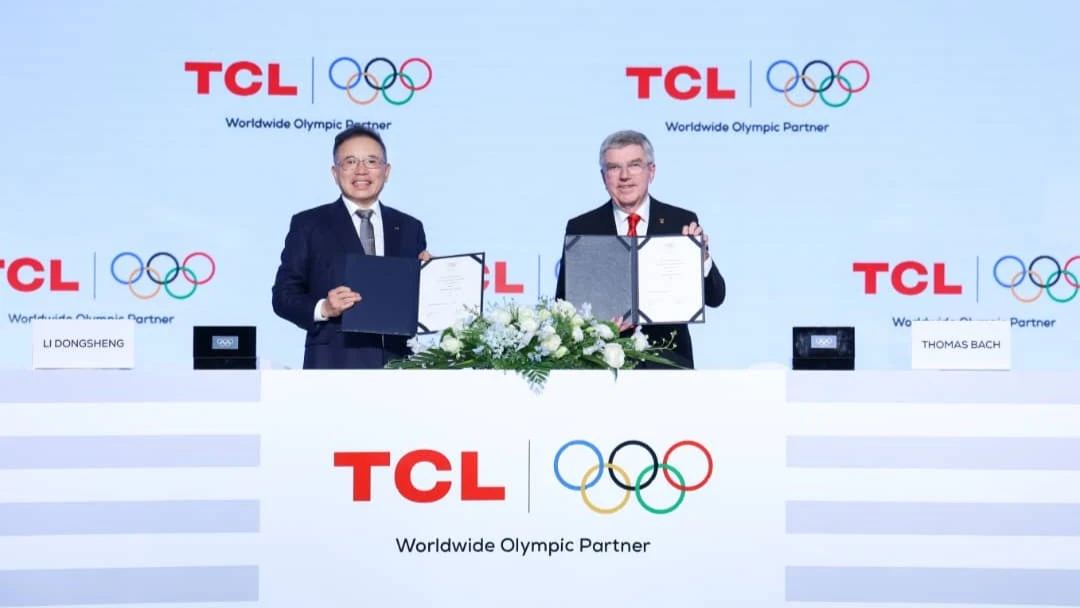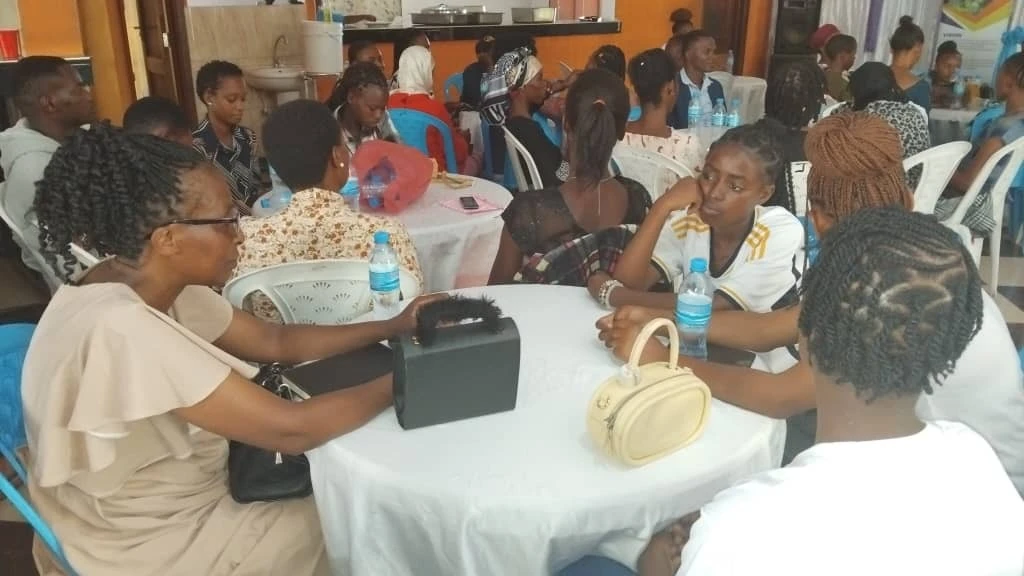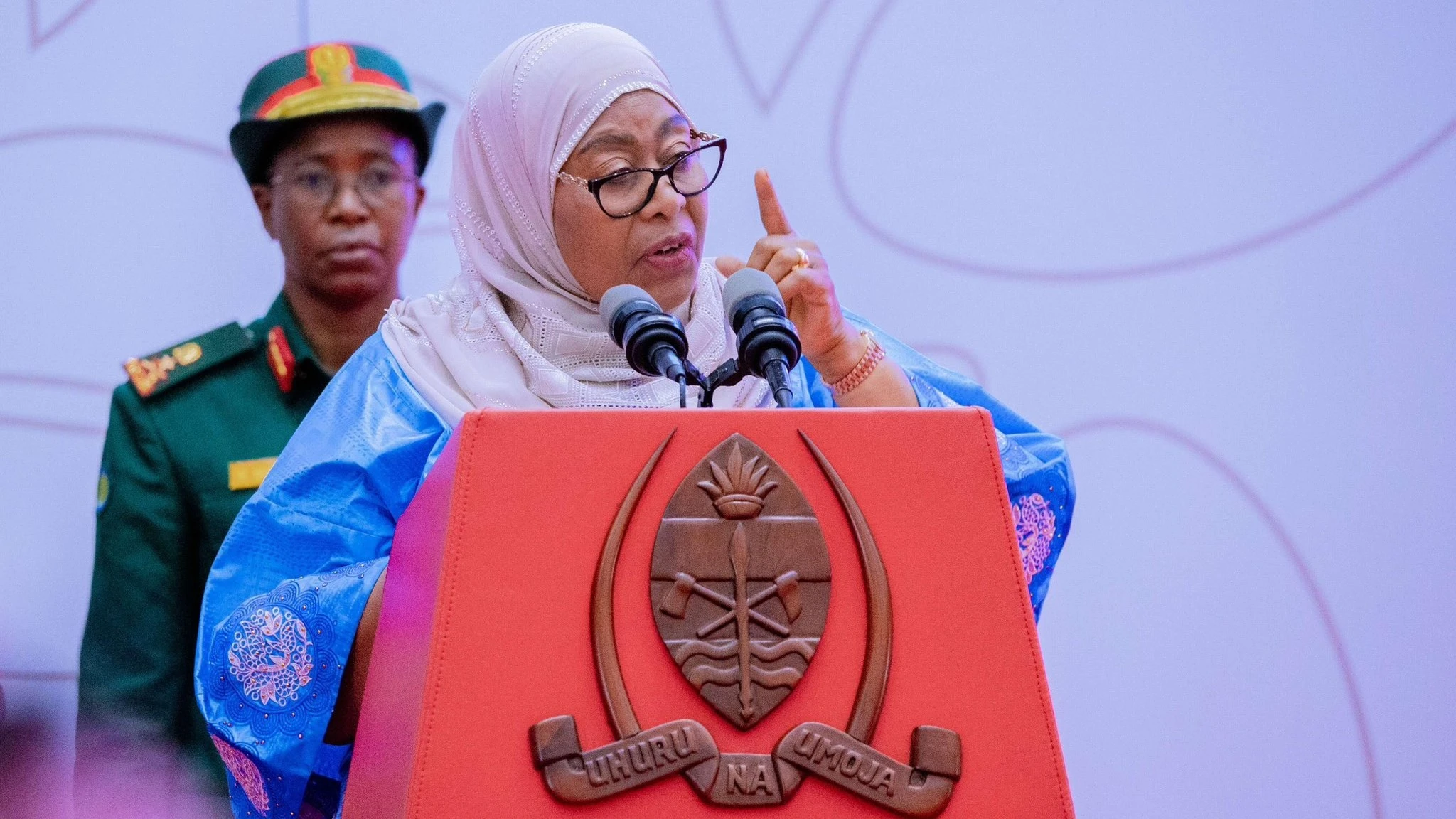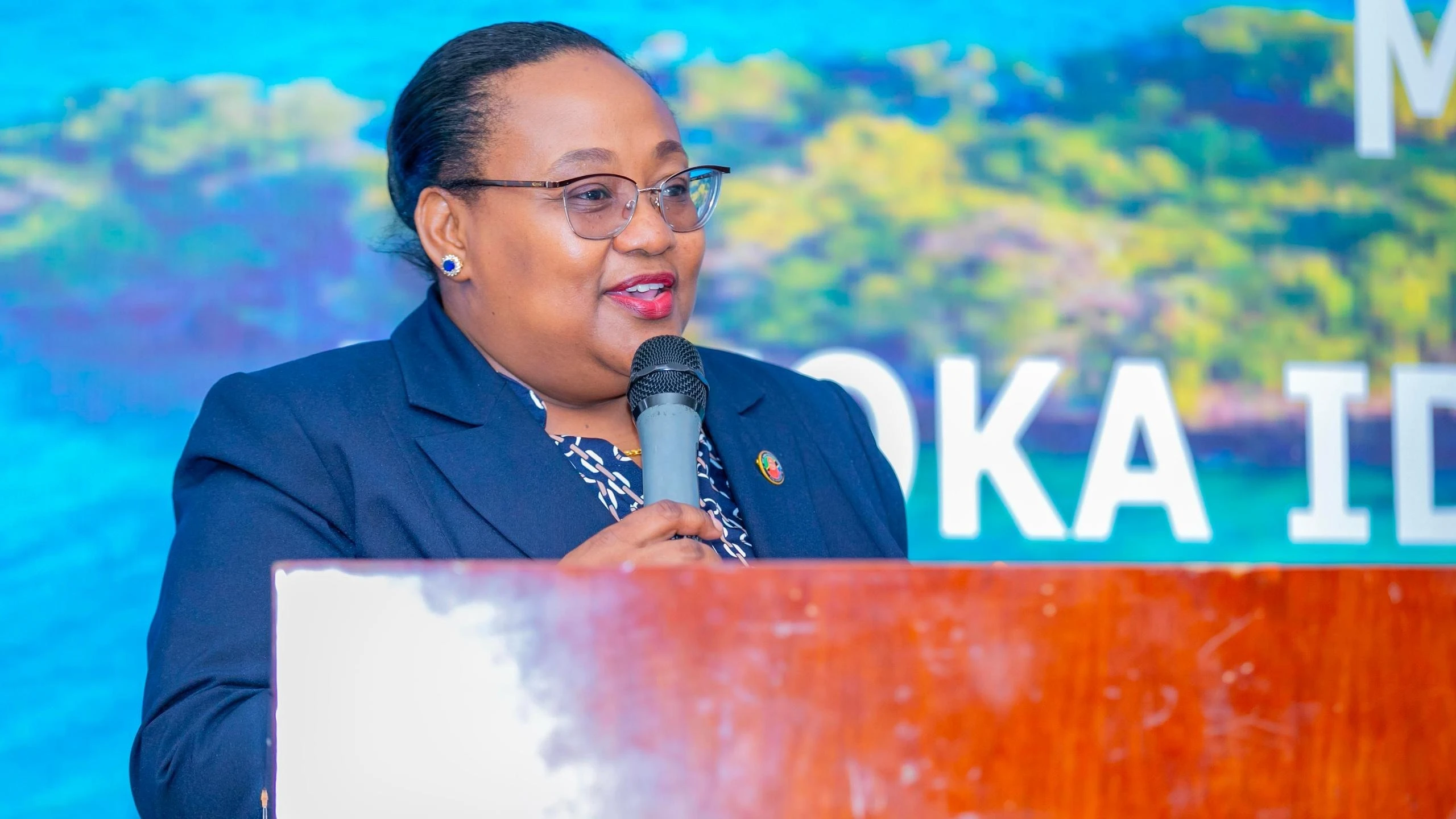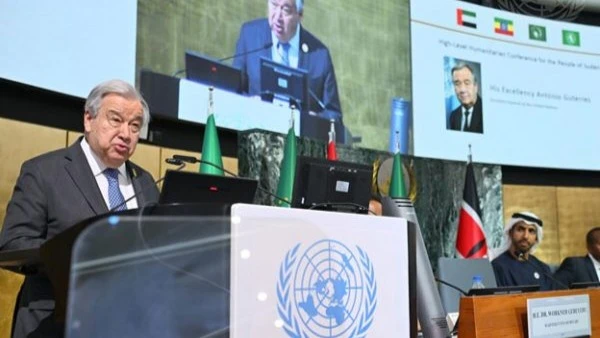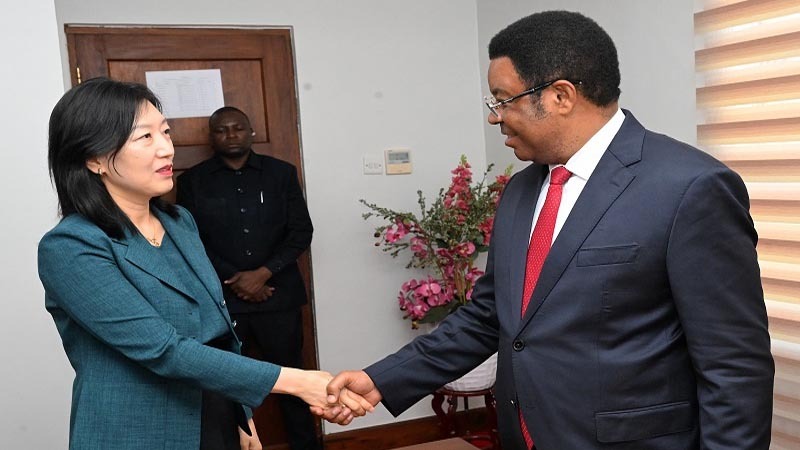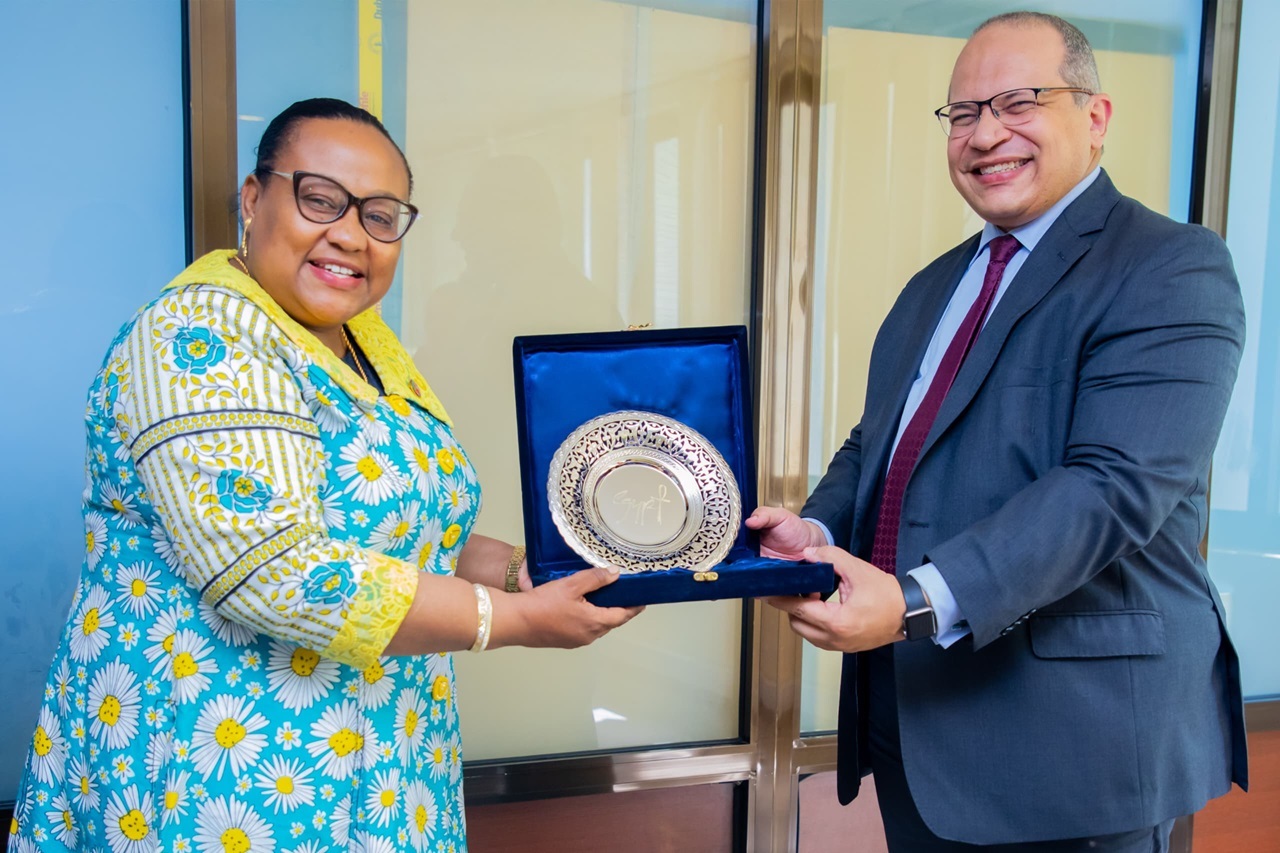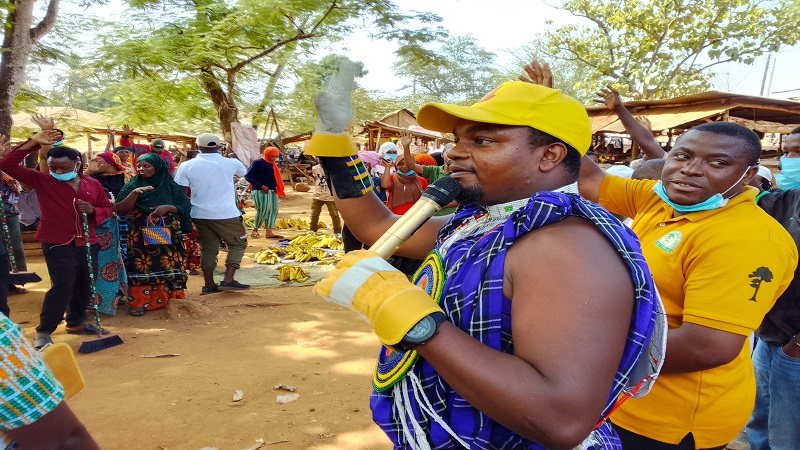TAEC calls for increased funding for STEM education programmes
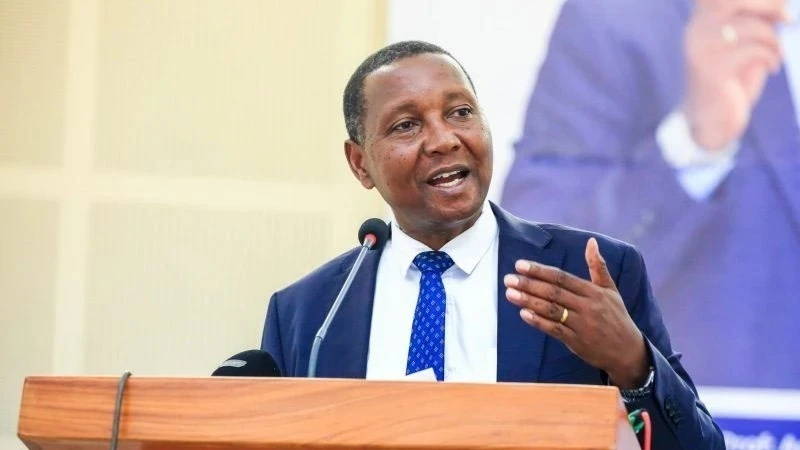
THE Director General of the Tanzania Atomic Energy Commission (TAEC), Prof. Najat Mohammed has emphasized the need for increased funding and resources for Science, Technology, Engineering and Mathematics (STEM) programmes to better equip students to address community challenges.
Prof. Mohammed made the remarks in Dar es Salaam yesterday during the 9th Science, Technology, and Innovation Conference and Exhibition (STICE) 2024. The event, organised by the Tanzania Commission for Science and Technology (COSTECH) in collaboration with the Ministry of Education, Science, and Technology, brought together a wide range of stakeholders.
She stressed the importance of training teachers who are competitive and competent in STEM subjects, following the example of countries such as South Korea and the United States.
The Director-General (DG) called for the advancement of STEM education for both girls and boys, saying: “We need teachers who are competent in STEM subjects, teachers who understand effective teaching methodologies, and we need to develop our curriculum.”
She explained the significance of preparing both teachers and students to thrive in a rapidly evolving technological landscape.
She also highlighted urgent issues such as climate change, healthcare advancements, and non-communicable diseases, noting that science is essential in addressing these challenges and developing innovative solutions.
According to Prof. Mohammed, countries with strong STEM human capital tend to be more competitive, productive, and economically prosperous. She urged students to pursue STEM subjects, as they open up numerous opportunities due to ongoing technological advancements.
She also pointed out several areas where STEM education can create opportunities, including potential partnerships with industries and international organisations, digital transformation enabling remote and innovative learning, and the increasing demand for skilled STEM professionals.
To advance STEM education in Tanzania, Prof. Mohammed recommended revamping the curriculum to focus on sustainability and innovation, expanding teacher training programmes with an emphasis on emerging technologies, and encouraging early exposure to STEM through extracurricular activities.
Additionally, she proposed updating national policies to incentivise STEM programmes, introducing regulations for industry-academia collaborations, training and retaining STEM educators, and establishing mentorship programmes.
Sylvester Rugeihyamu, Head of the Mathematics Department at the University of Dar es Salaam (UDSM), underscored the importance of educating both parents and students about the value of science.
“Science is not difficult, but if you think it's difficult, you're cheating yourself,” he said. He noted that many students do not understand the relevance of mathematics, leading them to avoid the subject because they don’t see its connection to their future careers.
Prof. Nuhu Hatib, Chairman of AfricAcademy-Arusha Science, pointed out that one of the biggest obstacles to STEM education in Tanzania is the examination system.
“If we do not change our examination system, we will not be able to keep up with technological advancements or solve community problems like countries that have invested heavily in STEM education,” he said.
Top Headlines
© 2025 IPPMEDIA.COM. ALL RIGHTS RESERVED









